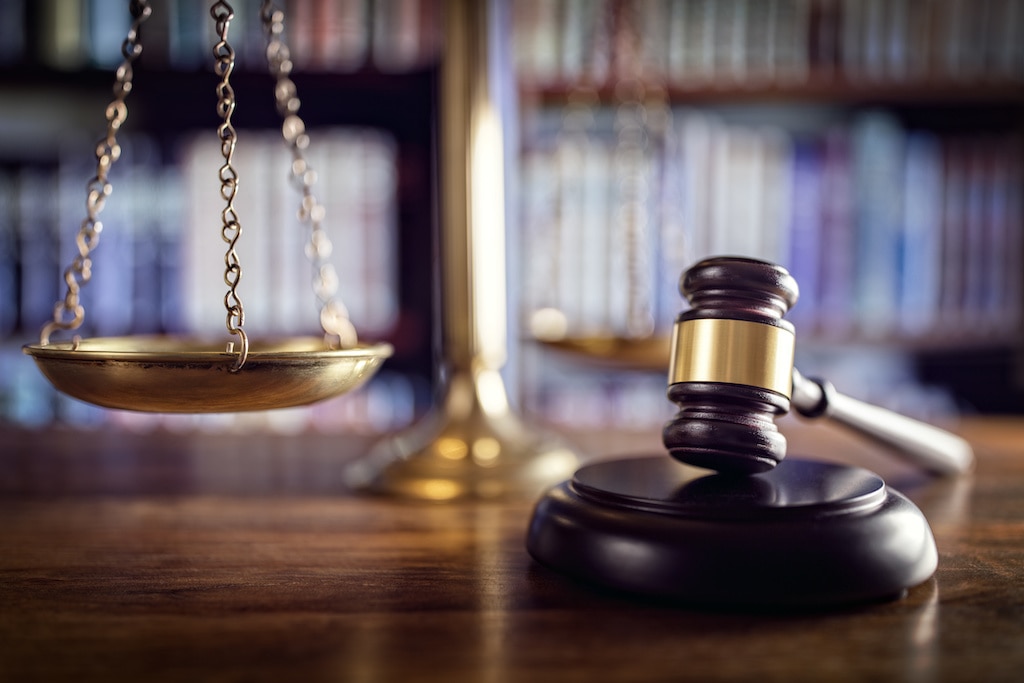How We Help
Have you been injured in a car accident? Are you dealing with an ICBC injury claim and feeling afraid that you are not being treated fairly? On May 1, 2021, British Columbia changed to a no-fault insurance model called Enhanced Care. This change has a major impact on what damages you can be compensated for (link to https://simpsonthomas.com/blog/2021/08/24/icbc-no-fault-auto-insurance-model-what-you-need-to-know/).
Our lawyers will help you navigate what your insurance covers, how your injury is assessed by ICBC and any mitigating circumstances that may entitle you to further relief.
First, you should know that if your accident happened before May 1, 2021, you can still sue ICBC for pain and suffering benefits. If it happened before April 1, 2019, there is no cap on the compensation you could receive for minor injuries (https://simpsonthomas.com/blog/2021/03/09/top-5-things-to-know-about-the-icbc-minor-injury-definition). We also help pedestrians, motorcyclists, bicyclists, and drivers of all motorized vehicles. Whatever your case looks like, you deserve seasoned legal expertise to explore your options.
We Deliver
Here are some of the cases we handle and the ways we can help:
- Drivers at fault in accidents occurring before May 1, 2021 when the new ICBC no-fault insurance model came in to effect can be sued for pain and suffering damages.
- Even under the new ICBC no-fault insurance model, you can sometimes sue for pain and suffering when: an at-fault driver is criminally convicted of an action being performed during the time of the crash, a car malfunction caused the crash, bar or restaurant continued to serve you drinks after you were intoxicated and let you drive away, or other circumstances.
- Pedestrians, motorcyclists, bicyclists and drivers of other motorized vehicles may also be eligible to sue for damages.
Every ICBC claim is different; we encourage you to request a free consultation with one of our experienced personal injury lawyers to discuss your case and go over your legal options.
“I was very satisfied with the service I received from Simpson, Thomas and Associates. They offered better value than other law firms and acted in a professional manner in dealing with ICBC. I was happy with the settlement I received.”
B.B.




